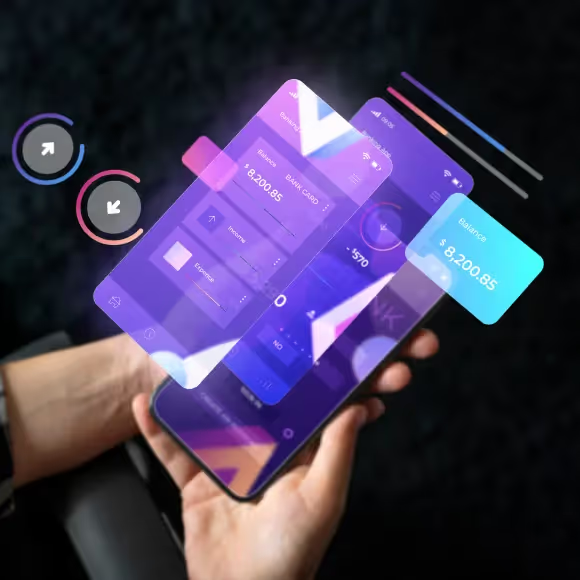Startups, does your intellectual property belong to you?
What should you do to make sure your startup owns all of its IP?


The value of many startups is their intellectual property. However, too often, business creators forget to ensure that ownership of their developments belongs to them. This can have an impact when the developments are exploited, or when the business is resold.
It's best to make sure right from the start that your business owns everything it develops, either internally or externally.
We therefore wanted to give you a quick overview of the elements to check, to ensure that you can develop without worry.
Two scenarios should be taken into account.
Software can be developed in-house, by an associate, or by using a freelancer.
The law grants ownership of the code to the developer, in both cases. It will therefore be necessary to ensure that the developer partner or the freelancer have signed a rights transfer contract with the company in accordance with French law (in summary, it should include the following elements: list of rights transferred, list of authorized uses, list of authorized uses, territory of the transfer, duration of the transfer).
Otherwise, the developer or freelancer could claim ownership of the developments at any time. The use of the code by the company would constitute counterfeiting.
As an exception to copyright, software developed by employees automatically belongs to the company.
In this case, no action is required.
By content, it is understood to mean texts, visual works (logos, infographics, etc.), videos, sound works, as well as any work protected by copyright.
The content developed by partners, freelancers and employees all belong to the employee.
For partners and freelancers, it will also be necessary to draw up a rights transfer contract.
In the case of the employee, a clause in the employment contract may play the same role. On the other hand, it will be necessary to clearly identify the works concerned. Clauses that transfer copyright in general are not valid.
The trademark belongs to the person who registered it.
If the trademark has been registered by the company itself, it is the owner of the trademark.
If the trademark has been registered by an associate, the partner must either transmit ownership (via a trademark transfer contract) or the right of exploitation (license agreement) to the company. These contracts can have a fiscal impact if the trademark was exploited before they were concluded.
The patent regime is similar to the trademark regime for non-employee inventors.
However, specific rules have been provided for employees. Three regimes are applicable to employee inventions:
In all cases, the design belongs to the person who made it, regardless of whether it was filed. Therefore, regardless of the status of this person, and regardless of who is the applicant, it is necessary to sign a contract for the transfer of rights to the company.
It is therefore essential to make sure that you are the owner of everything that is developed by your company.
The firm is at your disposal to assist you in the protection of your intellectual property.


Why and how a lawyer can structure CLM deployment in startups, securing contracts, templates and playbooks without an in-house legal team.

Essential clauses in a software development contract: scope, deliverables, acceptance testing, IP ownership, payments, liability, and legal protection.
Let's build together to grow your business